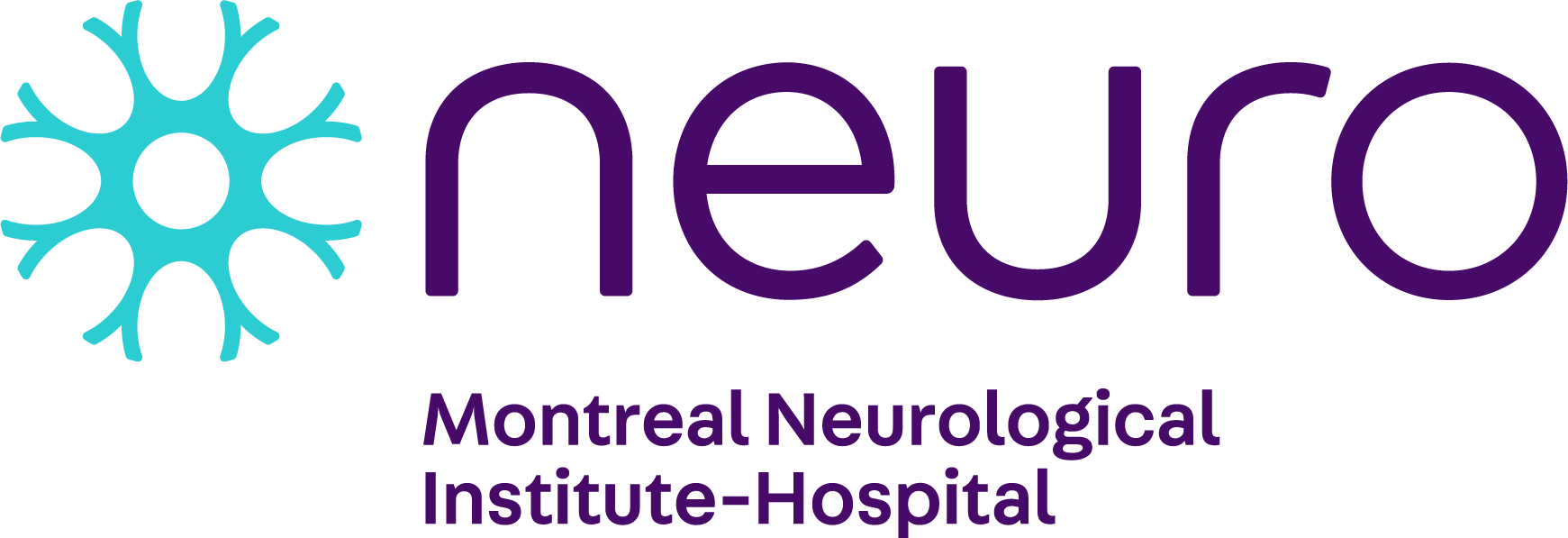When the reality of COVID-19 swept the world in early 2020, we all had to absorb incoming scientific and medical information and do our best to understand complex topics in a rapidly changing situation. We were exposed to all kinds of statistics, studies and advice, some accurate and useful, others misleading and potentially dangerous.
As editor in chief of Scientific American, Laura Helmuth, PhD, has helped steer one of the world’s leading science publications through a turbulent era. In her upcoming Wilder Penfield Lecture at The Neuro, Helmuth will talk about the current state of science communication, how researchers, clinicians and policymakers can participate in it more effectively, and how everyone can help improve the signal-to-noise ratio as they try understand what is true and what isn’t.
How can someone with no science background verify the scientific information they’re receiving?
It’s really hard to tell what’s real and what’s not these days! Even the most obvious conspiracy theories – like the idea that the Earth is flat – may be packaged in science-like documentaries or websites that highlight faux research and experts. One rallying cry of vaccine conspiracy theorists is “do your own research” – which isn’t terrible advice in general but in these cases it’s used to direct people to fraudulent, manipulated or misrepresented pseudoscience. The subtext of “your own” in that rallying cry is that people shouldn’t trust experts. But if somebody has relevant expertise and is sharing the consensus from their field based on lots of evidence, then you probably should trust them, at least provisionally since science is ideally always iterative and self-correcting.
Some quick ways to verify scientific information are to check the source – is it a peer-reviewed journal or a trustworthy publication that interviews experts and links to primary sources? On social media, it’s always worth doing a quick check of who shared the information before passing it along to your own social networks. It’s sometimes hard to tell, but are they trying to sell you something? A lot of health misinformation comes from snake oil salesmen who want you to buy their potions and gadgets rather than get vaccinated or see a doctor. Finally, everybody gets fooled sometimes, and there’s no shame in it. If you do pass along bad information, it can help inoculate others if you show how you were tricked so they won’t be.
Do you think there is a role for censorship in combating scientific misinformation? Should government or content providers step in and block content they believe false and dangerous?
Most of the big social media platforms are at least trying to flag, block and/or prevent the monetization of misinformation. I think that’s the right call and wish they’d done it earlier, but it’s a really tricky problem for them. Twitter is my social media platform of choice, and they allowed Donald Trump to share disinformation and otherwise violate their terms of service throughout his presidency. (It’s a much more pleasant place now that he’s been blocked.) I think they have a responsibility to stop misinformation, especially about health-related topics, and hate speech from spreading on their platforms.
Even though governments are more powerful in many ways than social media platforms, they have less opportunity to block or censor misinformation. But they should provide clear, actionable, trustworthy, evidence-based information to try and outcompete misinformation and help people understand the science of important social issues.
In 2020 Scientific American made the historic decision to endorse a presidential candidate for the first time, in this case Joe Biden, in part because President Trump “rejects evidence and science”. How do you think President Biden is doing in this area?
President Biden is doing much better than President Trump in supporting science. He has appointed science-informed leaders to run federal agencies. His response to the COVID pandemic has been more evidence-based and humane than Trump’s. He takes climate science seriously and has supported efforts to reduce emissions across the federal government. He undid some of the damage Trump did to the federal science workforce and funding research.
The other two branches of U.S. government are Congress and the Supreme Court. A lot of science-related issues will be determined by who wins November elections to the Senate and House of Representatives. Unfortunately, the Supreme Court is now dominated by anti-science justices who have ruled against the scientific evidence for gun control, abortion rights, and climate action.
Some including President Biden are saying the pandemic is over, while some qualified medical experts are saying it isn’t. Where do you think we are in COVID-19’s trajectory?
This pandemic will never be truly over, I fear. The virus keeps mutating, and each new dominant strain is by definition more infectious than the last. Thanks to vaccines and to everyone who has taken precautions, it looks like COVID will transition from a pandemic to an endemic disease, like influenza. But COVID seems to be much more dangerous than the flu for long-term consequences, some of which we haven’t even been able to understand yet because it’s still a relatively new disease.
��
Laura Helmuth’s Wilder Penfield Lecture, “How to Share Science and Fight Misinformation”, will take place at The Neuro on Oct. 4, 2022.
Originally published in .




